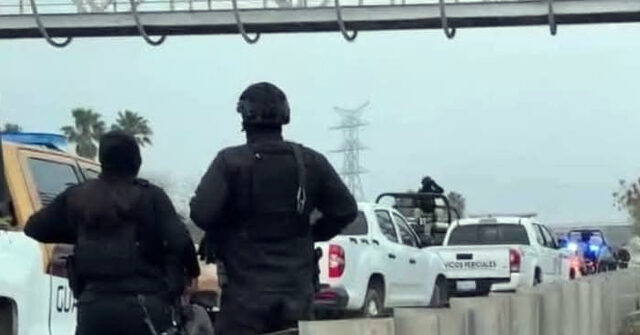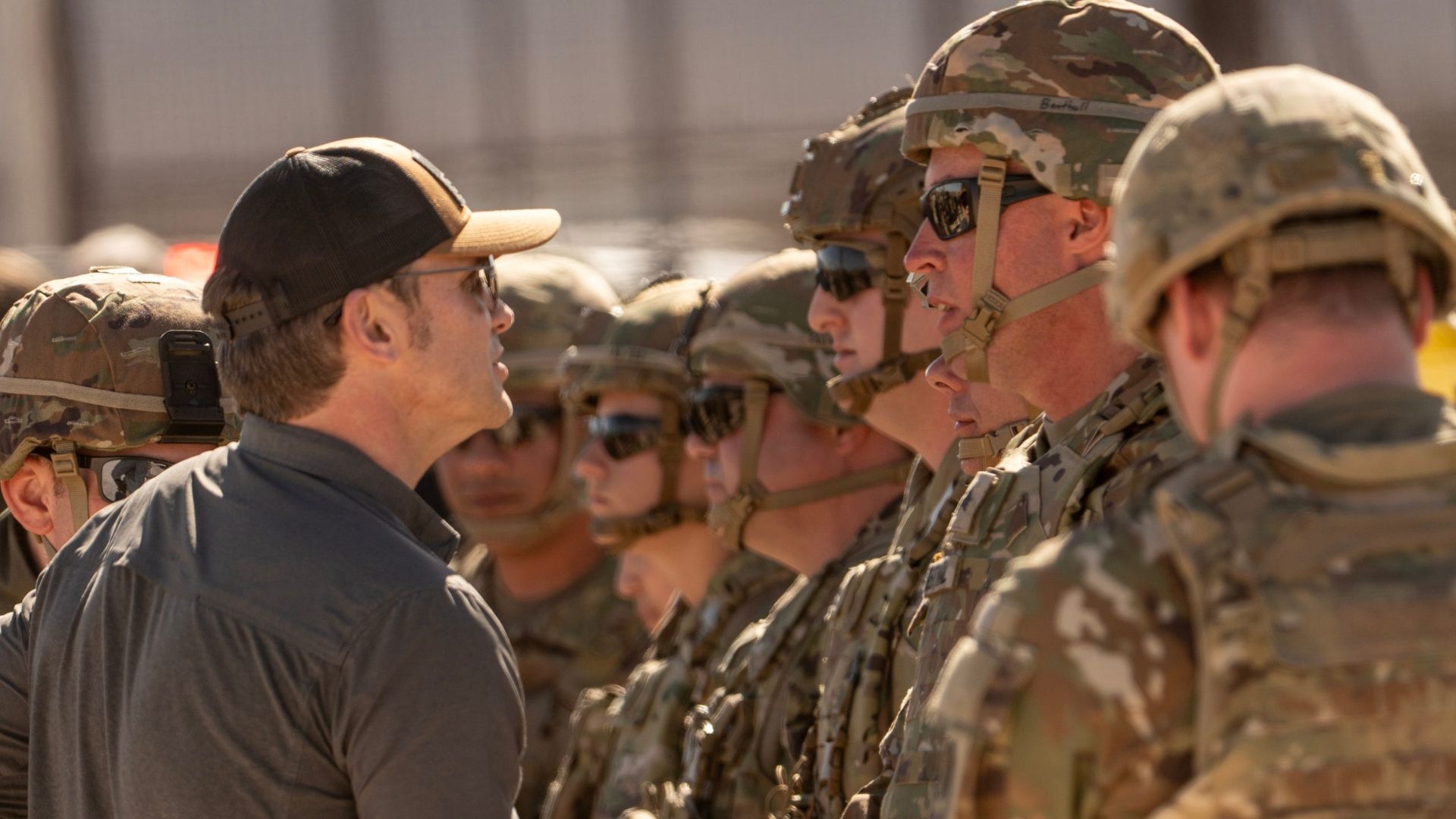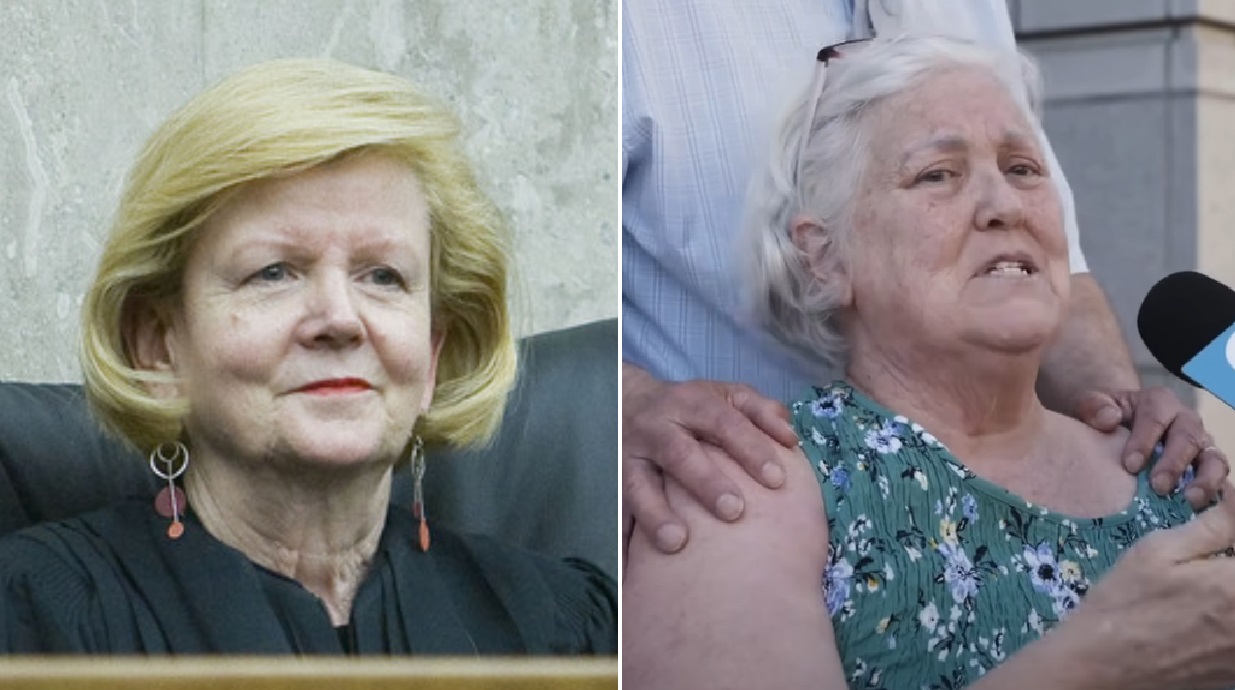The Gulf Cartel has tragically claimed another innocent life in a chaotic shootout. This incident closely follows the heartbreaking deaths of a woman and her two grandchildren, who were killed in their sleep during a violent clash between rival gunmen. The latest victim, Uriel Picaso, was driving a bus for Citi-Senda, transporting workers near Reynosa when he was caught in the crossfire.
The harrowing event unfolded early Wednesday morning in the rural area of Palo Blanco. Picaso, attempting to shield himself, was fatally struck by a bullet to the face. Responding to the aftermath, Mexican authorities arrived to collect Picaso’s body and begin their investigation.
Christian Talk Podcast
Uriel Picaso, a dedicated bus driver from Reynosa, met his untimely death due to cartel violence. The shooting occurred in a region notorious for its escalating brutality, lying between Reynosa and Rio Bravo. This area has become a battleground for two factions of the Gulf Cartel, each vying for dominance over drug and human trafficking corridors.
The ongoing turf war has exposed the ineffectiveness of Mexico’s federal and state governments in curbing cartel violence. Rather than addressing the root of the issue, officials have downplayed the situation, releasing misleading crime statistics. The authorities insist the region remains secure, despite mounting evidence to the contrary.
The Gulf Cartel’s violent grip continues to tighten, leaving communities in constant fear. Innocent lives are lost as the cartel battles rage on, with the government seemingly powerless to intervene. Residents are left questioning the safety of their neighborhoods amidst the chaos.
The narrative of a safe region, as painted by the government, sharply contrasts with the grim reality on the ground. Families mourn their loved ones lost to senseless violence, while officials persist in their claims of security. The gap between public declarations and actual safety is widening, leaving citizens disillusioned.
Picaso’s death marks yet another casualty in the ongoing conflict, a stark reminder of the region’s fraught state. The government’s reluctance to confront the cartel aggression head-on only exacerbates the crisis. People demand transparency and effective action, as patience wears thin.
In the midst of this turmoil, communities strive to maintain a semblance of normalcy. The resilience of the local population is tested daily as they navigate life in a warzone. The call for decisive government action grows louder, echoing the desperation of those caught in the crossfire.
The unchecked violence underscores a critical need for reform and accountability within the authorities. It is imperative that the truth be acknowledged and that genuine efforts are made to restore safety. Until then, residents remain entrapped in a cycle of fear and uncertainty.
The tragic loss of life within these communities cannot be overstated. Each death leaves a void, a story unfinished, a family shattered. The toll on the living is immeasurable, as they grapple with the continuous threat of violence.
Amidst the chaos, the memory of Uriel Picaso and others like him serves as a poignant reminder of the human cost of cartel wars. Their stories demand to be heard, their lives remembered amidst the cacophony of conflict. The quest for justice and peace remains as urgent as ever.
As the violence rages on, questions about the government’s role and responsibility persist. The need for change is undeniable, yet the path to resolution remains unclear. Citizens watch, wait, and hope for a turning point that seems ever elusive.
The death of Picaso is a call to action, a plea for intervention in a lawless land. With each passing day, the urgency for a solution grows, as does the frustration with governmental inaction. The people’s trust in their leaders hangs by a thread, tested by the ongoing crisis.
In the face of adversity, the community’s spirit endures, though strained. The resilience of those affected by this violence is a testament to their strength and determination. Their voices, though often unheard, are a powerful force for change.
The struggle for control over trafficking routes has left a trail of devastation in its wake. The impact on local communities is profound, as they endure the fallout of cartel conflicts. Their story is one of survival, resistance, and an unwavering hope for peace.
The ongoing violence serves as a stark reminder of the need for effective leadership. As the Gulf Cartel continues its reign of terror, the demand for accountability grows. Citizens deserve answers, solutions, and above all, safety in their homeland.



